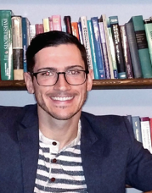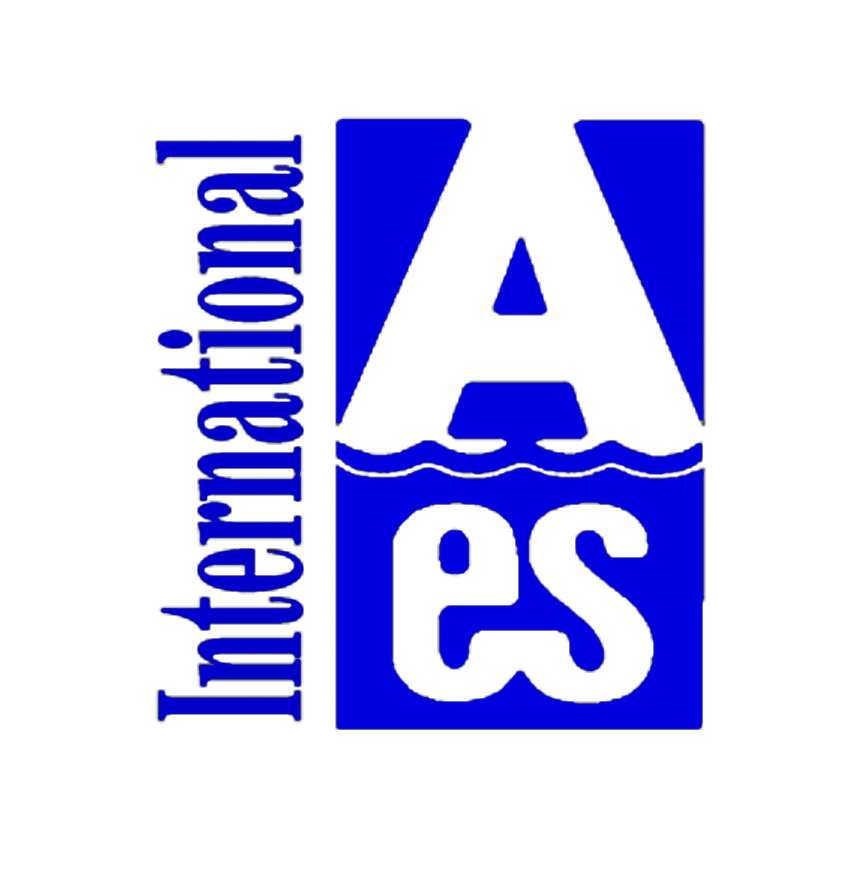Joseph Histen, Ph.D.

Dr. Joseph Histen received his Ph.D in Economics from the University of Connecticut in 2017. Dr. Histen is currently an Assistant Professor of Economics at the College of Wooster in Ohio. His concentrations lie in industrial/firm organization where he studies how organizations, institutions, and contracts affect innovation. He teaches courses on industrial organization, organizational economics, and law and economics.
1) Why did you become a member of the International Atlantic Economic Society?
I became a member at the recommendation of an emeritus colleague who knew some of the organizers. On a personal level, having an French partner who is also an academic has demonstrated to me how much cultural training matters in framing research questions. Also, my interest in economic history has motivated me to understand how the roots of European and American traditions inform each other. On the one hand, I’ve found certain schools of thought to be further apart than expected. On the other, joint societies have pushed forward some of the most insightful ideas in economics. I think it is only by carefully being in touch with many sides of scholarship that we can maintain the sharpest perspective.
2) What types of projects/research are you currently working on and what inspired/motivated you to pursue these interests?
My research agenda aims at quantifying the interpretability of textual artifacts into financial instruments through econometric models. I am currently working on a project that uses a latent Dirichlet allocation model over risk factor disclosures in SEC filings. The model statistically sorts these risks into topics (and each company’s weight of that topic) for all public companies for the past five years. Through difference in difference estimators, I “price” certain risks (such as cyber security or environmental concerns), and I use those coefficients to revalue companies under-representing such risks. I came into this project from other work on natural language processing over public company filings. I grew curious about climate risk in particular–how it was represented in financial valuation and how companies thought about it.
3) What advice would you give to someone who is considering entering your line of work/field of study?
My advice to younger scholars is broaden your network. Write to other researchers in your field, express your enthusiasm and common interests, brainstorm project ideas, etc. Many economists are curious and motivated people! And academia can be isolating, especially with Covid shutting everything down for the past year. Research is ultimately a team effort, and unlike sports, you can be on as many teams as you want.
4) Going forward, what other projects/research are you looking to or hoping to pursue?
In one way or another, all of my research stems from questions in organizational economics. This will continue through my work described above, where I hope to develop a type of risk beta from textual data and examine how it correlates with firm and industry boundaries. I also study the two-sided market literature, which I see sitting at the confluence of industrial organization, property rights literature, and the theory of the firm. I think it completely revitalizes how we think about antitrust and firm behavior.
5) What’s your favorite hobby?
My favorite hobbies oscillate between reading speculative fiction and playing chess. I’m also coding a Reddit bot which estimates a user’s native language from patterns of their word usage and mistakes in English.

